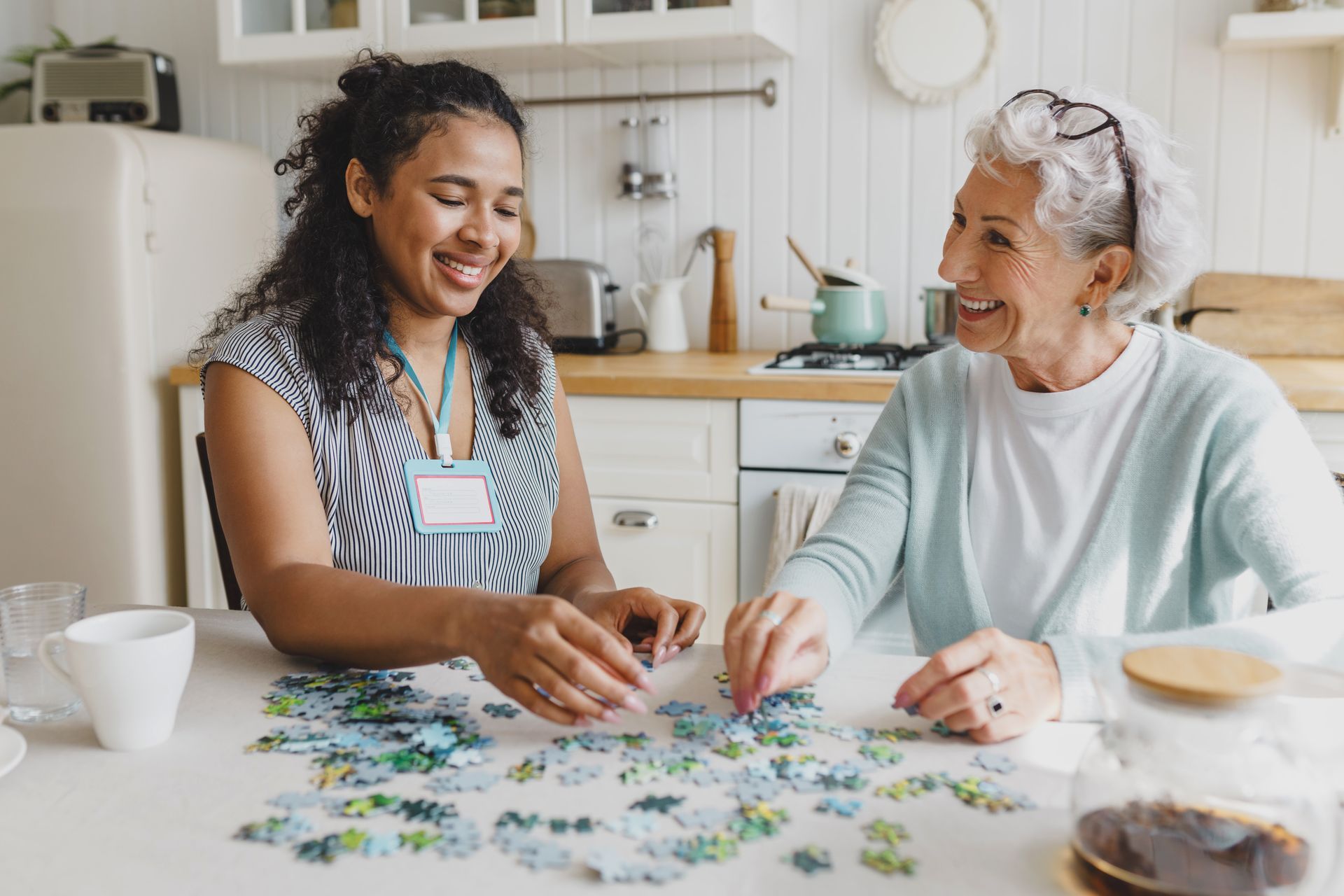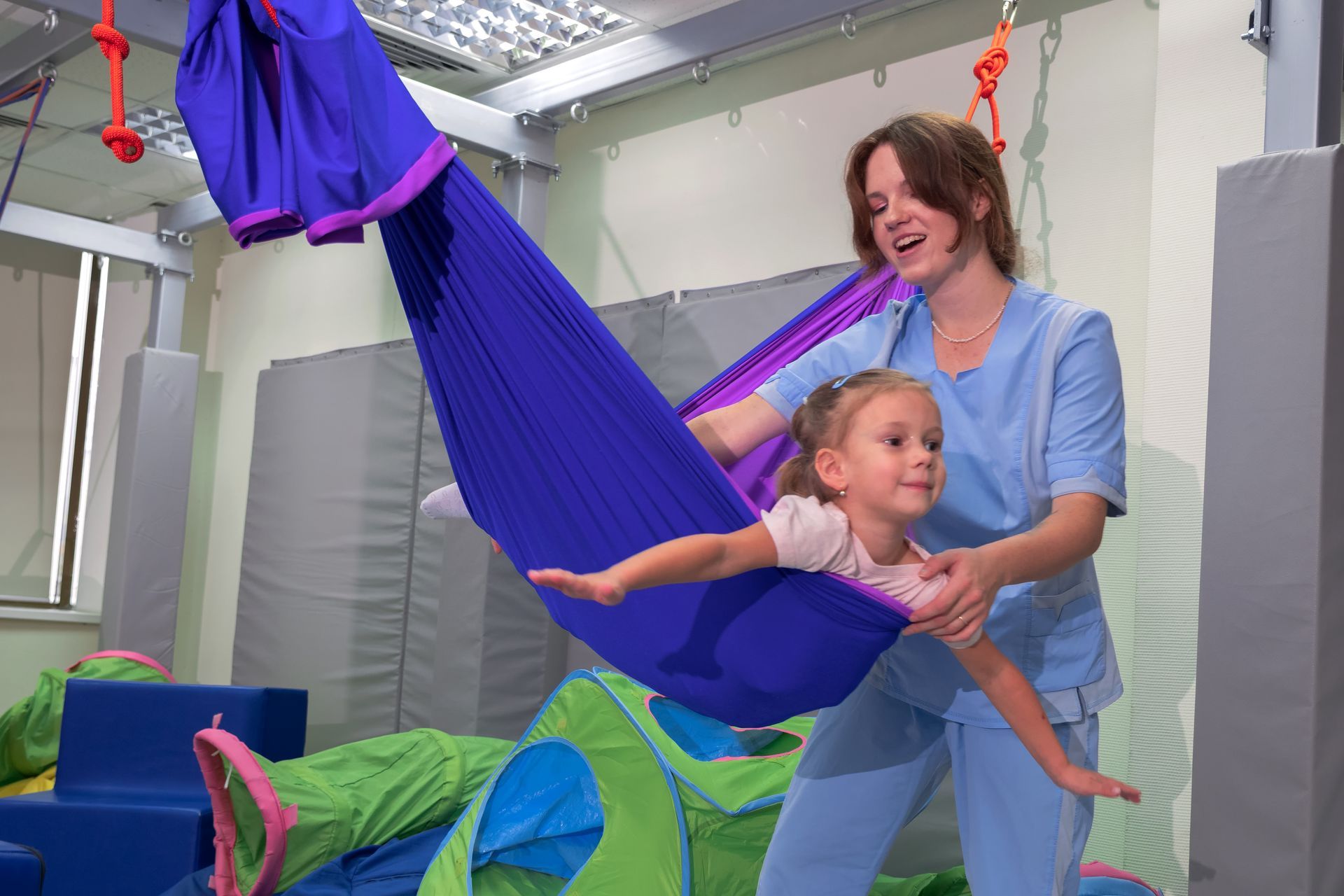Virtual Reality in Counselling: How VR is Shaping the Future of Therapy

Is VR the Future of Counselling?
As a Behaviour Support Practitioner with a background in psychology and a passion for gaming, I recently discovered the Meta Quest 3, a Virtual Reality headset that offers an immersive experience not only for gaming but also for therapeutic purposes.
This cutting-edge technology is revolutionising the way we approach mental health.
How VR is Shaping the Future of Counselling
Imagine using VR for exposure therapy, where individuals can safely confront their fears in a controlled environment. Or picture social skills training sessions that feel real, helping those with social anxiety practice interactions without the pressure of the real world.
VR can also be a sanctuary for relaxation techniques, offering serene virtual landscapes to help manage stress and anxiety.
Using VR for Exposure Therapy: A Safe Space for Facing Fears
One of the most promising applications of VR in counselling is exposure therapy. By creating a safe, controlled virtual environment, individuals can confront their fears without the risks of real-world exposure.
This can be a powerful tool in helping people overcome phobias and anxieties gradually, building their confidence and coping skills in a protected setting.
Social Skills Training in a Virtual Environment
Social skills training is another exciting area where VR shines. For those struggling with social anxiety or other interpersonal challenges, VR offers an interactive way to practise social interactions without the stress of real-world judgement. Participants can engage in simulated conversations and scenarios, gaining comfort and competence in social situations over time.
VR as a Tool for Stress and Anxiety Management
Virtual reality isn’t only about confronting fears; it can also offer a calming escape. Imagine putting on a headset and entering a serene landscape designed to help you relax and breathe. With VR, participants can access guided relaxation techniques, mindfulness exercises, and calming environments that aid in stress and anxiety management. This can be especially beneficial for individuals needing a mental break or support in developing coping strategies.
Memory Enhancement Through Virtual Reality
One of the most exciting applications is memory enhancement. VR can create stimulating environments that aid in cognitive exercises, potentially benefiting those with memory impairments. The Meta Quest 3 allows participants to engage in cognitive activities within an immersive setting, which can support memory retention and recall through interactive exercises.
The Potential of Meta Quest 3 for Therapeutic Applications
The Meta Quest 3 is more than just a gaming device; it’s a versatile tool that I’m excited to explore further in supporting individuals to manage their symptoms and achieve their therapeutic goals. With its diverse applications, VR technology is poised to become an integral part of counselling and mental health support, offering a unique and interactive approach to therapy.
The Future of Counselling Might Just Be Virtual
The potential of VR in counselling is limitless, and we’re only scratching the surface. From immersive exposure therapy to virtual social skills training, VR is creating new pathways to address mental health challenges.
The future of counselling might just be virtual, and the possibilities are endless!

Further Reading on VR in Mental Health Support
For more insights into how VR is transforming therapy and mental health support, consider exploring the following resources:
- How Virtual Reality Exposure Therapy is Helping to Treat Phobias and Paranoia
This ABC News article explores how VR is used in exposure therapy, allowing individuals to confront their fears in a safe, controlled environment. It highlights the effectiveness of VR in treating phobias and paranoia, with insights from Australian practitioners. - Could VR Therapy Help Cure Your Phobias?
This piece from the Daily Telegraph examines VR therapy’s role in addressing phobias, featuring case studies and expert opinions on VR’s benefits and challenges within Australian therapeutic settings. - How Virtual Reality Therapy Could Help with PTSD, Depression, and Anxiety
Research from Edith Cowan University in Western Australia suggests that VR therapy using realistic motion-capture avatars may enhance client-therapist relationships and be more effective than traditional therapy for some individuals.







